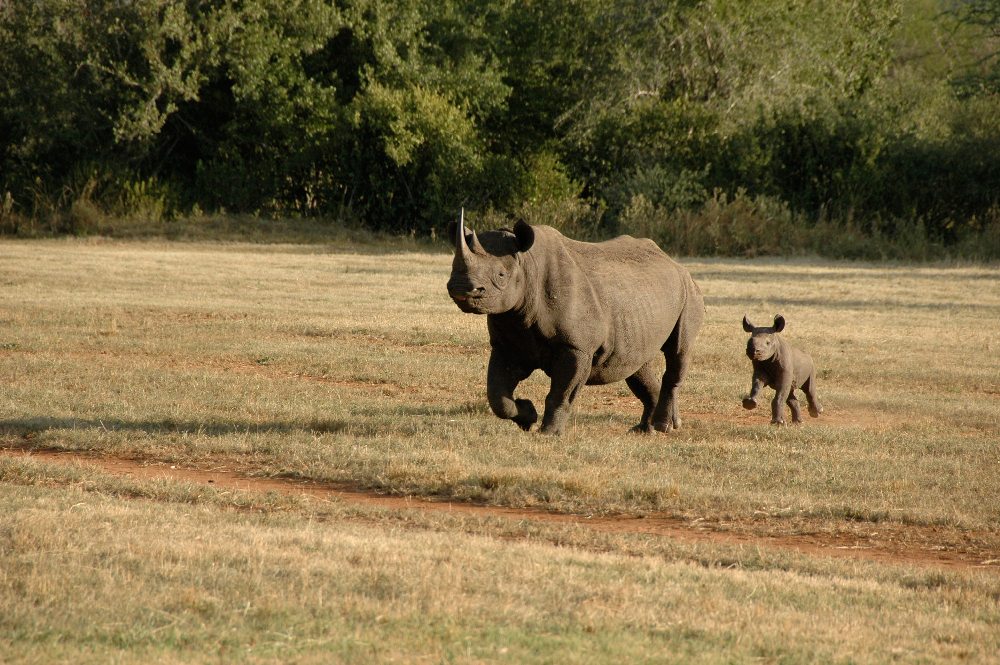In collaboration with a variety of academic institutions we support research students. These Chester Zoo conservation scholars are working to provide evidence on a range of topics, both here at the zoo and in the field.
One of our conservation scholars, Nick Harvey, has just started his PhD studying the conservation of large herbivores. The main focus of his research is the eastern black rhino, and how methods of hormone monitoring that were developed here at Chester Zoo can be used to help wild populations in Kenya grow. Alongside this, he is also interested in the aims of large herbivore conservation, what the goals are and how to work towards achieving them successfully.

Here Nick tells us more about his research below and how he needs your support with his PhD:
“Some of the world’s most spectacular species are the mega-herbivores; these are herbivores that weigh over 1000kg. At Chester Zoo the mega-herbivores that we’re working to save from extinction include black rhinos, Indian one-horned rhinos and Asian elephants. All have suffered drastic population declines in recent decades, mainly due to the current poaching crisis.
“Here at the zoo we are carrying out research to help ensure the survival of these amazing species, and we need your help! As a supporter of Chester Zoo, it’s people like you who are the driving force behind conservation, so we want to know your thoughts on the conservation of these incredible giants.
“Below is a link to a survey I’ve designed as part of my scientific research, so you can give your views on this subject and your opinion on the role of zoos in conservation.
“There are no right or wrong answers to the questions; we are looking for your honest opinions. Your response to this is completely anonymous; your name will not be attached to your survey. The last page requests a few details about yourself and will help in our analysis, but are optional for you to fill in.
“We will be sharing this survey with those working in conservation too and all the answers I receive will be analysed and used as part of my PhD with The University of Manchester, which Chester Zoo is supporting. They will also potentially be written up into a paper published in a scientific journal. So by completing the survey you can directly contribute to the conservation of rhinos and elephants! Thanks in advance for your time – I look forward to sharing updates with you as my research develops.”
You can download a Participant Information Sheet here which will provide you with more information about the survey, what the data will be used for and who to contact if you have any questions.